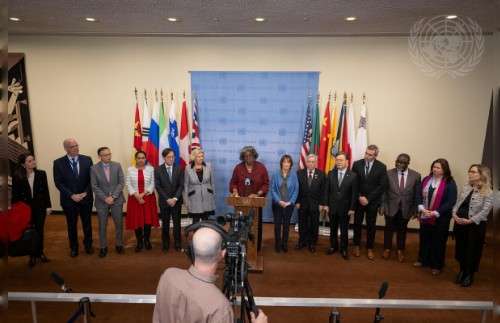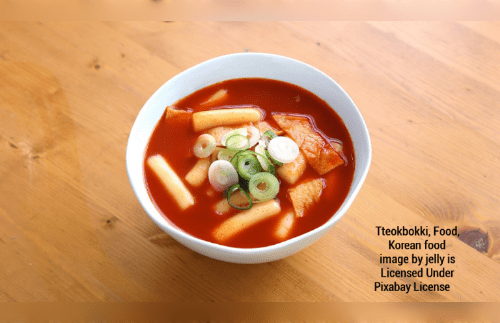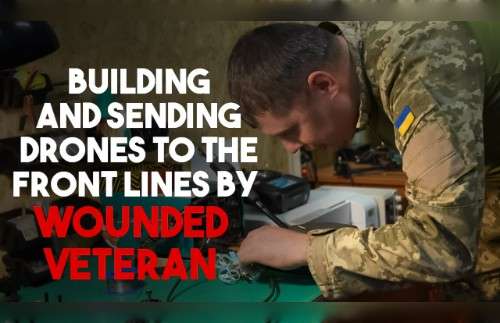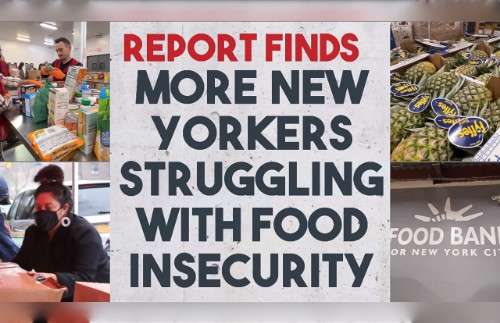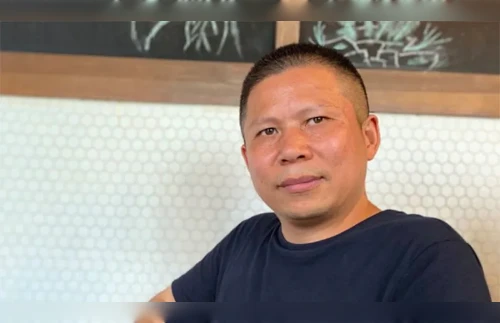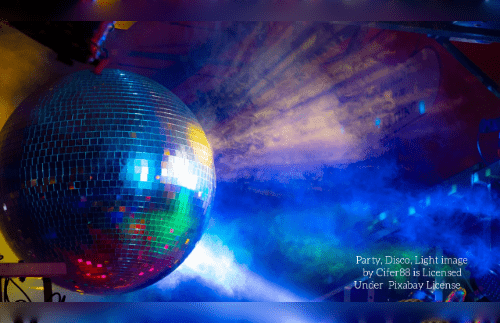
A year ago, if you saw someone wearing a mask, you might assume they were sick or maybe even a little weird or paranoid. Today, thanks to the pandemic, wearing a mask to prevent the spread of COVID-19 is the new normal for many Americans.
Thirty-four states and the District of Columbia require people to wear face coverings in public. But is it a habit that might outlast the pandemic?
“I do expect there to be somewhat of a lingering effect of habits that we picked up like wearing a mask as you leave your apartment or house,” says Dr. Barun Mathema, assistant professor of epidemiology at Columbia University in New York. “But, perhaps as the memory of the pandemic itself fades, so will these habits.”
Not all Americans have adopted mask-wearing, especially not those who view masks through a political lens.But pandemics have changed public habits in the past. Wearinga face coveringis much more common inEast Asia since the outbreak ofSARS,aviral respiratory illness,in 2003.
However, theexperts VOA talked to are doubtfulmanyAmericans willcontinuea mask habit post-pandemic.
“I assume that every time we have a flu and cold season, more people will be doing it [wearing masks],but I don’t see this as a nationwide, brand-new custom, that we’ve learned our ways,” says Dr. BorisLushniak, dean of the School of Public Health at theUniversity of Maryland.
“It’s been hard enough to get people to do itin the midst ofall the data and all the information of this pandemic,” he adds.“I think we’ll see more of it, but I don’t think it’s going to be widely prevalent.”
However,Lushniak, who was the U.S.deputysurgeongeneral from November 2010 to September 2015, does expect handshakes to becomeless common.
“I can see how, in the future, especially during the cold and flu seasons, people are going to step away from it saying, ‘Hey, listen, let’s just wave, let’s bow to each other, let’s do a namaste. Let’s do something different,” he says. “So yeah, I think there’s going to be a cultural shift with the handshake.”
Overall, Americans might be less touchy-feely, according to Dr. Aaron Glatt, spokesperson for the Infectious Diseases Society of America (IDSA).
“I think that the ease with which we grabbed each other, hugged each other, touched each other, shook hands, I do think there will be changes in social practices, what’s considered an acceptable way to greet, maybe you know, the elbow bump, as opposed to a firm handshake, and that maybe people won’t be you know hugging and kissing strangers as much,” says Glatt, who is also a professor and chief of infectious diseases at Mount Sinai South Nassau in Oceanside, New York.
Other lingering impacts could be an expectation of higher levels of cleanliness.
“When you go through something like a pandemic, regardless of how you feel politically, it is a fairly scary and unpredictable event. And I do feel like certain habits that we’ve picked up, like hygiene habits, are likely to stick on some level of moving forward,” says Mathema of Columbia University.
“Some of these habits that we’ve learned, like washing our hands, including mask-wearing, for that matter, disinfecting surfaces, some of these habits will likely sort of continue on,”he adds.
And that could be one of the pandemic’s silver linings.
“I think there’s a heightened sense of awareness of how certain illnesses can be spread,” says Glatt of IDSA. “People won’t accept…uncleanliness or poor hygiene, and they may wipe things down where in the past they would have not thought to do so. They may be a little bit more careful washing their hands.”
Industries might also change. More businesses have gone paperless and contactless during the pandemic; there are fewer receipts to sign, restaurants have dropped paper menus,and airlines have new cleaning and air filtration standards.
“I see that being the more important component, where the service side of the world is basically going to say, ‘We learned that cleanliness is important, that disinfection is important,and we’ll continue doing that in the workplace,’” saysLushniakof the University of Maryland. “It’s those types of practices that I think people will be looking for and, in fact, specific industries may be advertising,saying, ‘Hey, we do it this way, why don’t you come into our place versus some other place?’”
Another long-term impact of the pandemiccouldbe more peoplestaying athome when they are sick.
“What we’ve learned about here is the beauty of, not in everybody’s circumstance, but the world of telework has really opened up new opportunities for us to say, ‘Listen, you know, right now I’m not feeling well.’ It used to be that that was always a sign of weakness,”Lushniaksays.
In a post-pandemic world, staying home might be more likely to be viewed as a courtesy to fellow commuters and coworkers, and an effort to stop the spread of disease.
–VOA
President of UN Security Council Briefs Press on Women,Peace and Security Shared Commitments
As Rebels Take Major City in Lightning Offensive,Syria’s Civil War Intensifies
Soviet Famine-Focused Art Collection Gifted to Ukraine
Converting One of California’s Biggest Landfills into a Public Park
North Korea Bans 2 South Korean Dishes
Building and Sending Drones to the Front Lines by Wounded Veteran
Report Finds,More New Yorkers Struggling With Food Insecurity
Israel-Hezbollaha Cease-fire Offers Lebanese and Israelis Hope
Subscribe Our You Tube Channel
Fighting Fake News
Fighting Lies





